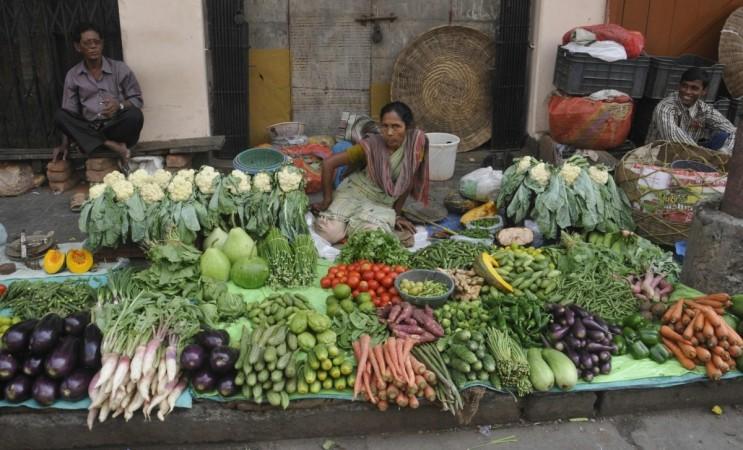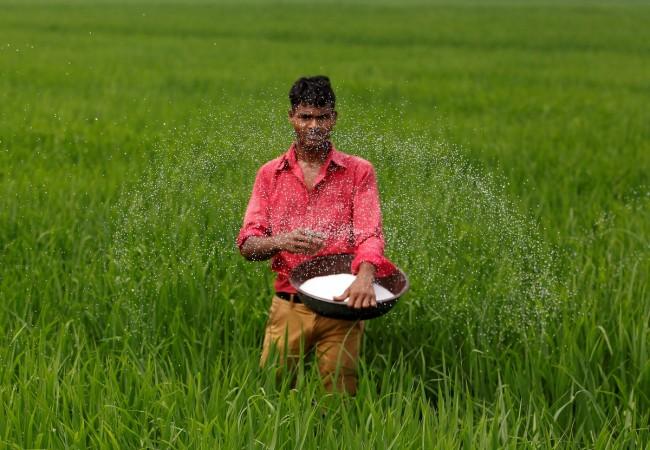On one hand, while the Indian consumer market is shifting towards healthy food intake rich in consumption of vegetables and fruits, on the other, few are aware of the pesticide-coated greens filling their dinner plates. While export quality food is still considered better in comparison, a recent report reveals that even exported vegetables aren't able to meet basic criteria.
According to a report published last Tuesday on Krishi Jagran, an agriculture news outlet, as many as seven varieties of green vegetables including yardlong beans and gourd were either destroyed or quarantined after excessive amounts of pesticides were found in them. The action came to light after the Department of Agriculture's Central Agriculture Laboratory conducted a test called Rapid bioassays of pesticide residues (RBPR), a routine residue test of large amounts of samples.

"Five varieties of vegetables imported from India were destroyed in Jhapa, while two types of vegetables were destroyed in Kathmandu," Prakash Ghimire, chief of the RBPR laboratory in Kalimati told Krishi Jagran adding, "Following two days of quarantining, some of the vegetables were released after the pesticide residue in them had decreased."
Use of pesticides in India
Large amounts of pesticides and chemical fertilizers are used by farmers to eliminate insects, fungus, weeds, and illnesses that harm plants and crops especially unseasonal vegetables. While harmful effects of consuming pesticide-laden food have been researched and widely advocated, farmers and agriculturists continue to use them to ensure a steady commercial crop.

India is a major exporter of a variety of fruits and vegetables grown in the country's vast agricultural lands. As per records available on the official Agricultural and Processed Food Products Export Development Authority (APEDA) website, food is exported to neighboring countries such as Bangladesh, UAE, Netherland, Nepal, Malaysia, UK, Sri Lanka, Oman and Qatar. During 2020-21, India exported fruits and vegetables worth Rs. 9,940.95 crores/ 1,342.14 USD Millions which comprised of fruits worth Rs. 4,971.22 crores/ 674.53 USD Millions and vegetables worth Rs. 4,969.73 crores/ 667.61 USD Millions. However, its share in the global food market is only 1%, explains the APEDA website.
Last year, in an interview with the Trade Promotion Council of India (TPCI), Dr Arpita Mukherjee of the Indian Council for Research on International Economic Relations admitted that the Indian food export market suffers from high incidence of use of chemical fertilizers and pesticides, which can lead to export rejections.
"There is need for stringent monitoring of fertilizers and pesticides and only the registered pesticides should be allowed to be used. It is important to create organic and pest free zones for fruits and vegetables. There is need to use technology to ensure traceability to farms and technology and training facility should be provided to farmers to improve productivity and for exporters for proper packaging, cold storage and transportation of fresh fruits and vegetables," she told TPCI.














